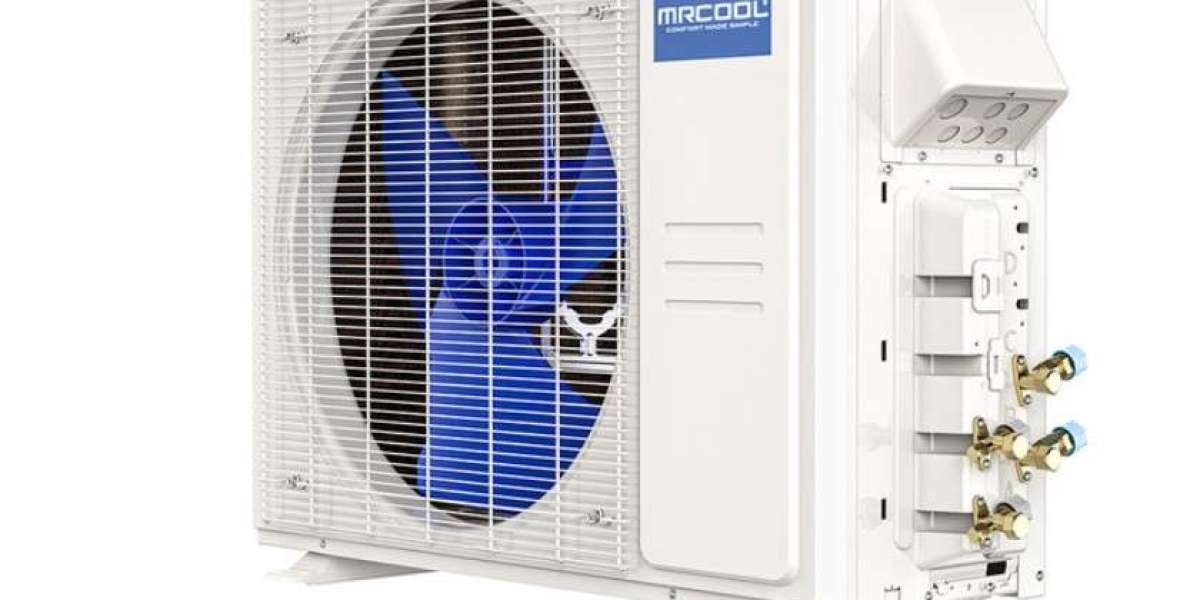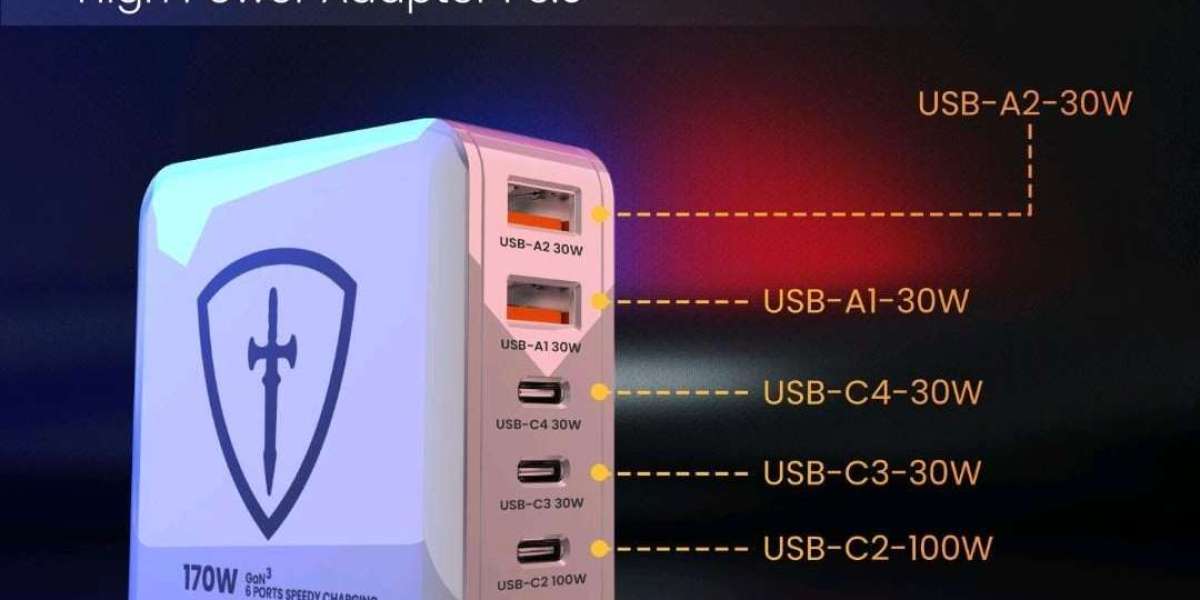A heat pump condenser plays a critical role in your home’s heating and cooling system. Whether you're looking to install a new unit or maintain an existing one, understanding the function and importance of the condenser can help you maximize efficiency and comfort in your home. This piece of equipment is often overlooked, yet it is essential for keeping your system running smoothly.
In this article, we’ll explore everything you need to know about the heat condenser, from how it works to how to maintain it. Whether you're a homeowner or a DIY enthusiast, understanding this component is key to optimizing your HVAC system.
What Is a Heat Pump Condenser?
A heat pump condenser is part of the heat pump system, which is used for both heating and cooling. It’s located outside your home, and its primary function is to release or absorb heat. When the heat pump is in cooling mode, the condenser expels heat from the indoor air. In heating mode, it works in reverse, drawing heat from the outdoor air and transferring it inside to warm your home.
The condenser is made up of a coil and a fan. The coil is where the refrigerant gas cools down or heats up, while the fan blows air across the coil to facilitate this heat exchange.
How Does a Pump Condenser Work?
The heat pump works through a cycle that moves heat from one place to another. Here's a quick breakdown of the process:
Cooling Mode: The compressor pumps the refrigerant gas through the system, causing it to release heat in the condenser. This heat is blown out by the fan, cooling the air inside your home.
Heating Mode: The system reverses, pulling heat from the outside air and passing it through the condenser, where it is transferred into the home’s indoor air. This allows the heat pump to warm the house, even in colder weather.
The ability to reverse its function allows the heat pump to be used year-round, providing both heating and cooling from one system.
Benefits
1. Energy Efficiency
A heat condenser, when properly maintained, is one of the most energy-efficient ways to heat or cool a home. Unlike traditional heating systems that generate heat, heat pumps move heat from one place to another. This process requires less energy, leading to lower utility bills.
2. Year-Round Comfort
With its dual-function design, the pump condenser ensures that you stay comfortable in both summer and winter. This all-in-one system eliminates the need for separate heating and cooling systems, making it a convenient option.
3. Environmentally Friendly
Heat pumps use renewable energy from the air, making them more environmentally friendly than systems that rely on fossil fuels. By reducing carbon emissions, heat pumps help contribute to a greener planet.
4. Space-Saving Design
Because a heat condenser handles both heating and cooling, you can free up space that would otherwise be used for two separate units. This can be especially beneficial for smaller homes or apartments.
Common Problems
While pump condensers are reliable, they can encounter some issues over time. Here are a few common problems to be aware of:
1. Frozen Coils
If the temperature outside drops too low, ice can form on the coils of the heat condenser. This is especially common during winter months. A frozen coil can block airflow, causing the system to lose efficiency or stop working altogether.
Solution: To fix this, turn off the system and allow the ice to melt. If the problem persists, the coils may need to be cleaned or the defrost cycle checked.
2. Dirty Air Filters
Air filters trap dirt, dust, and other debris to keep your HVAC system clean. Over time, these filters can become clogged, restricting airflow and reducing efficiency.
Solution: Regularly change or clean your air filters to ensure smooth operation. Most experts recommend doing this every 1-3 months.
3. Refrigerant Leaks
The refrigerant inside the system is essential for the heat exchange process. If the system has a leak, it can lead to reduced heating or cooling capacity and higher energy costs.
Solution: A professional HVAC technician can repair leaks and refill the refrigerant to the correct level.
4. Faulty Fan
The fan in the heat pump blows air across the coils to facilitate heat exchange. If the fan stops working or becomes noisy, the system may overheat or fail to maintain the correct temperature.
Solution: If you hear unusual noises or the fan isn't working correctly, call a technician for repairs.
How to Maintain Your Pump Condenser
Maintaining your heat condenser ensures that it runs efficiently and lasts longer. Follow these simple maintenance tips:
1. Clean the Coils
Over time, dirt and debris can accumulate on the coils of your heat condenser, reducing efficiency. Cleaning the coils once or twice a year can help maintain proper airflow and heat exchange.
2. Clear Debris Around the Unit
The area around the pump condenser should be free of leaves, twigs, and other debris. These obstructions can block airflow, reducing efficiency. Trim any plants or shrubs near the unit to allow proper ventilation.
3. Check the Drainage System
The heat condenser relies on proper drainage to avoid water damage. Check the drainage system regularly to ensure that it is clear and functioning.
4. Schedule Annual Inspections
Having your heat pump inspected by a professional technician once a year can catch potential issues before they become major problems. Regular maintenance can also extend the life of the unit.
When Should You Replace Your Condenser?
While heat pumps are built to last, there comes a time when replacement is necessary. Consider replacing your heat pump condenser if:
It’s over 15 years old and is no longer performing efficiently.
You notice frequent breakdowns or costly repairs.
The cost of repairs exceeds the cost of replacement.
Upgrading to a newer, more efficient model can save you money in the long run, especially with rising energy costs.
Final Thoughts
The heat pump condenser is an essential component of a heat pump system, responsible for both heating and cooling your home. By maintaining it properly and addressing common issues like frozen coils and dirty filters, you can ensure that your system works efficiently year-round. If you experience significant issues or your system is nearing the end of its lifespan, consider replacing the heat condenser to continue enjoying optimal comfort.
For expert advice, quality installations, and reliable heat pump condensers, trust MASS HVAC DISTRIBUTORS. Contact us today for solutions that meet your heating and cooling needs.








